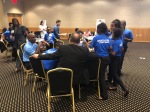On April 30, Reuters drew attention with the headline, “Exclusive: Democrats lose ground with millennials – Reuters/Ipsos poll.” The basis was a pair of online surveys of more than 16,000 registered voters under age 35 conducted in 2016 and 2018. In the 2016 survey, a generic Democratic House candidate beat a generic Republican by 28 points (55%-27%). In the 2018 survey, the lead had narrowed to 18 points (46%-28%). Among White men under 35, the generic Democrat lost 11 points between these surveys, and the generic Republican gained 10 points, putting the Republican ahead among this demographic group.
It is important not to overstate the decline based on this single comparison. Democrats have held a consistent and substantial lead in generic House candidate surveys since 2017. According to Reuters’ own tracking poll, in the week ending May 6, 2018, a Democratic generic House candidate led a generic Republican by 24 points (44%-19.6%) among 18-29s. In contrast, Reuters is currently showing a Democratic lead of only 6.3 points for all adults.
Over the whole period since June 2017, the Democratic ticket has always led the Republican ticket among 18-29s, and there is no sign of decline. Among age groups, under-30s have been by far the most favorable to Democrats.
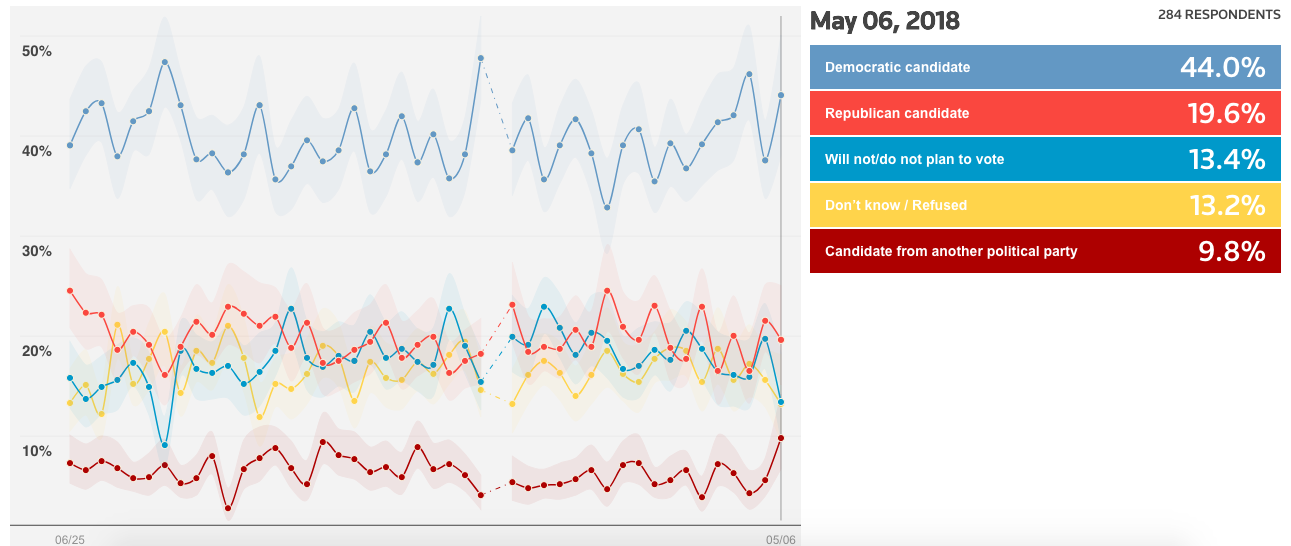
On the other hand, there is no question that young Americans view the Democratic Party brand with some skepticism, and this creates headwinds for candidates in 2018. Reuters reports that 34% of under-25s think that the Democrats have a better plan for the economy, but 32% prefer the Republicans’ plan–basically a tie. Even as surveys show young people becoming more likely to identify as “liberal,” they also show declining willingness to identify as Democrats (with most shifting to Independents).
Millennials first entered the electorate in significant numbers in 2008, and, despite the recession, a majority felt they were middle class that year. But the proportion who identified with the middle class slipped a bit in 2009 and then slumped dramatically in 2010, not yet to recover. In 2016 General Social Survey, just one third of Millennials placed themselves in the middle class. And according to CIRCLE’s survey conducted around that year, only 17 percent of Millennials felt that the “economic system in this country is basically fair to all Americans.”
Thus, even while the nation saw a long (if slow) economic recovery under President Obama, Millennials were experiencing a rapid drop out of the middle class and drawing negative conclusions about the economic system. Since 2017, unemployment has fallen, and it’s possible that surveys would show some improvement in Millennials’ sense of their own economic circumstances under President Trump.
I conclude:
- Democrats must reach out to youth to capture the support of this constituency, which leans their way.
- Republicans can reasonably expect to contest the youth vote, if they try.
- Candidates should address a wide range of economic concerns, including but extending beyond college affordability.
- Antipathy to Donald Trump is real, but Millennials need other reasons to support Democrats.
See also: the politics of student debt; the weakening bond between millennials and the middle class; new CIRCLE report on Millennials’ ideology; how Millennials split on some key issues; and how talking about Millennials obscures injustice.

 The subject of guns in America lends itself to strong emotion and great strife, especially in the face of continued mass shootings. We all wish we could make it stop, but we can’t seem to agree on where to focus. The guns themselves? The troubled souls who carry out these acts of violence? The inconsistent regulation of existing laws? The poor infrastructure for recognizing this danger?
The subject of guns in America lends itself to strong emotion and great strife, especially in the face of continued mass shootings. We all wish we could make it stop, but we can’t seem to agree on where to focus. The guns themselves? The troubled souls who carry out these acts of violence? The inconsistent regulation of existing laws? The poor infrastructure for recognizing this danger?
 Tech Tuesdays are a series of learning events from NCDD focused on technology for engagement. These 1-hour events are designed to help dialogue and deliberation practitioners get a better sense of the online engagement landscape and how they can take advantage of the myriad opportunities available to them. You do not have to be a member of NCDD to participate in our
Tech Tuesdays are a series of learning events from NCDD focused on technology for engagement. These 1-hour events are designed to help dialogue and deliberation practitioners get a better sense of the online engagement landscape and how they can take advantage of the myriad opportunities available to them. You do not have to be a member of NCDD to participate in our 

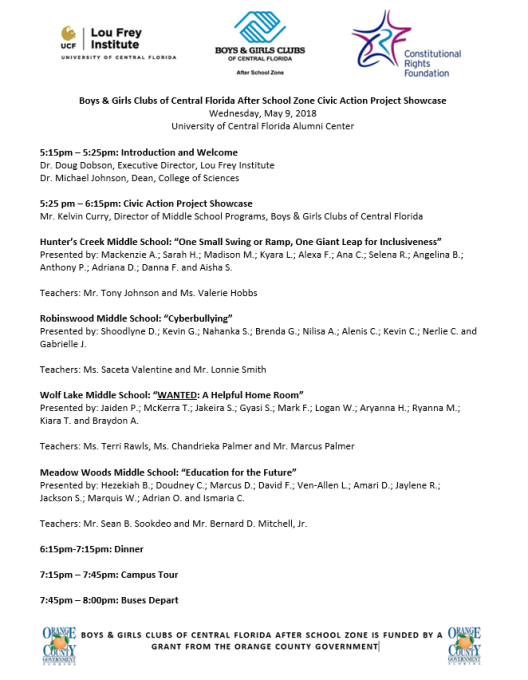
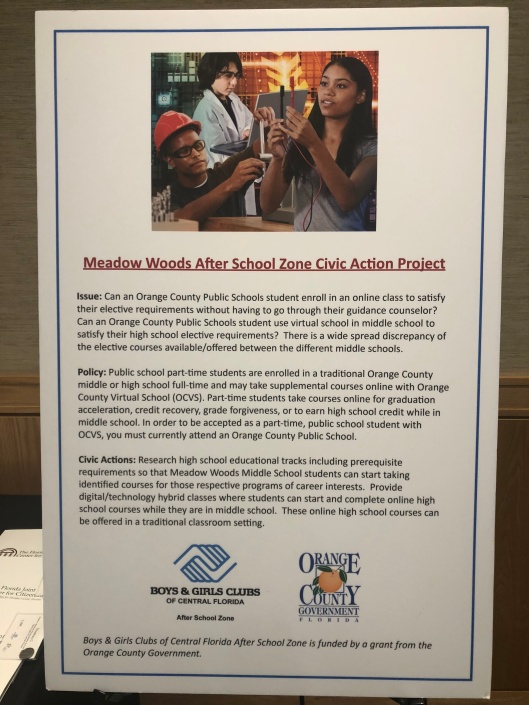
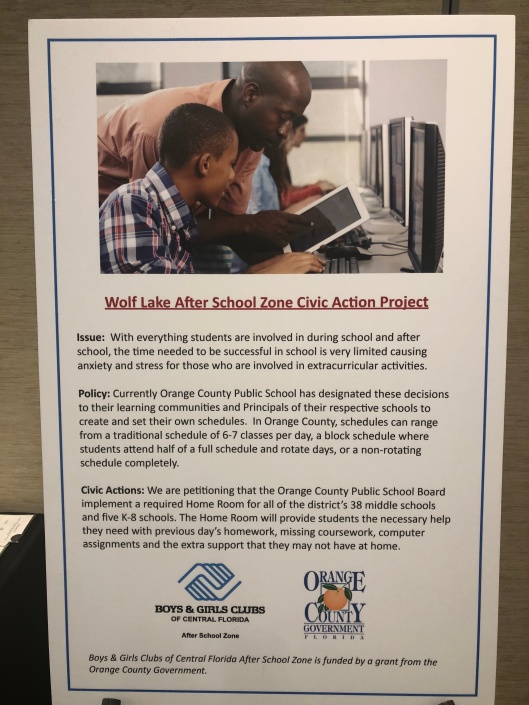
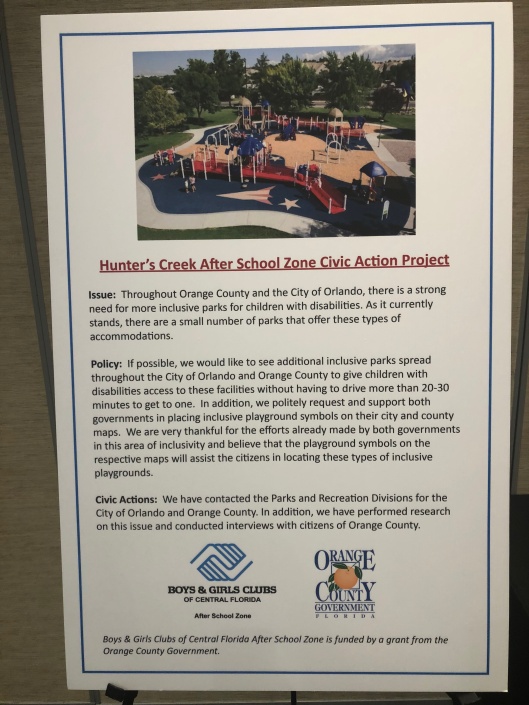
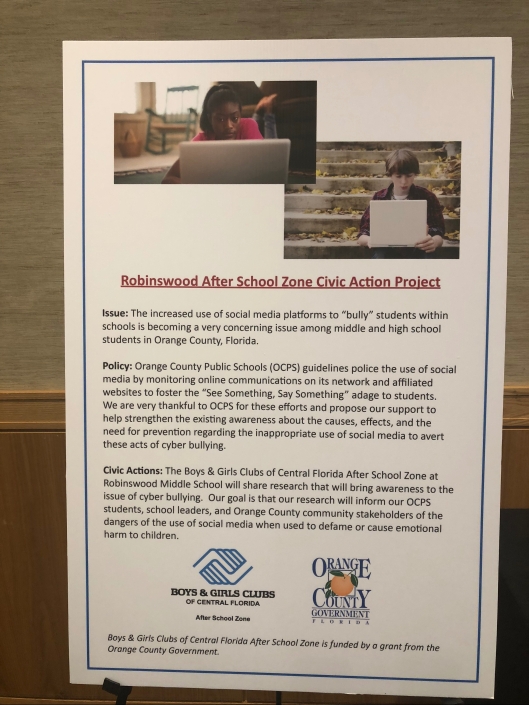
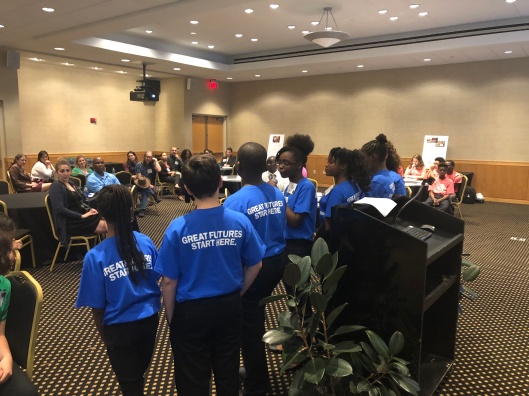


![IMG_1288[1]](https://floridacitizens.files.wordpress.com/2018/05/img_12881.jpg?w=529)
